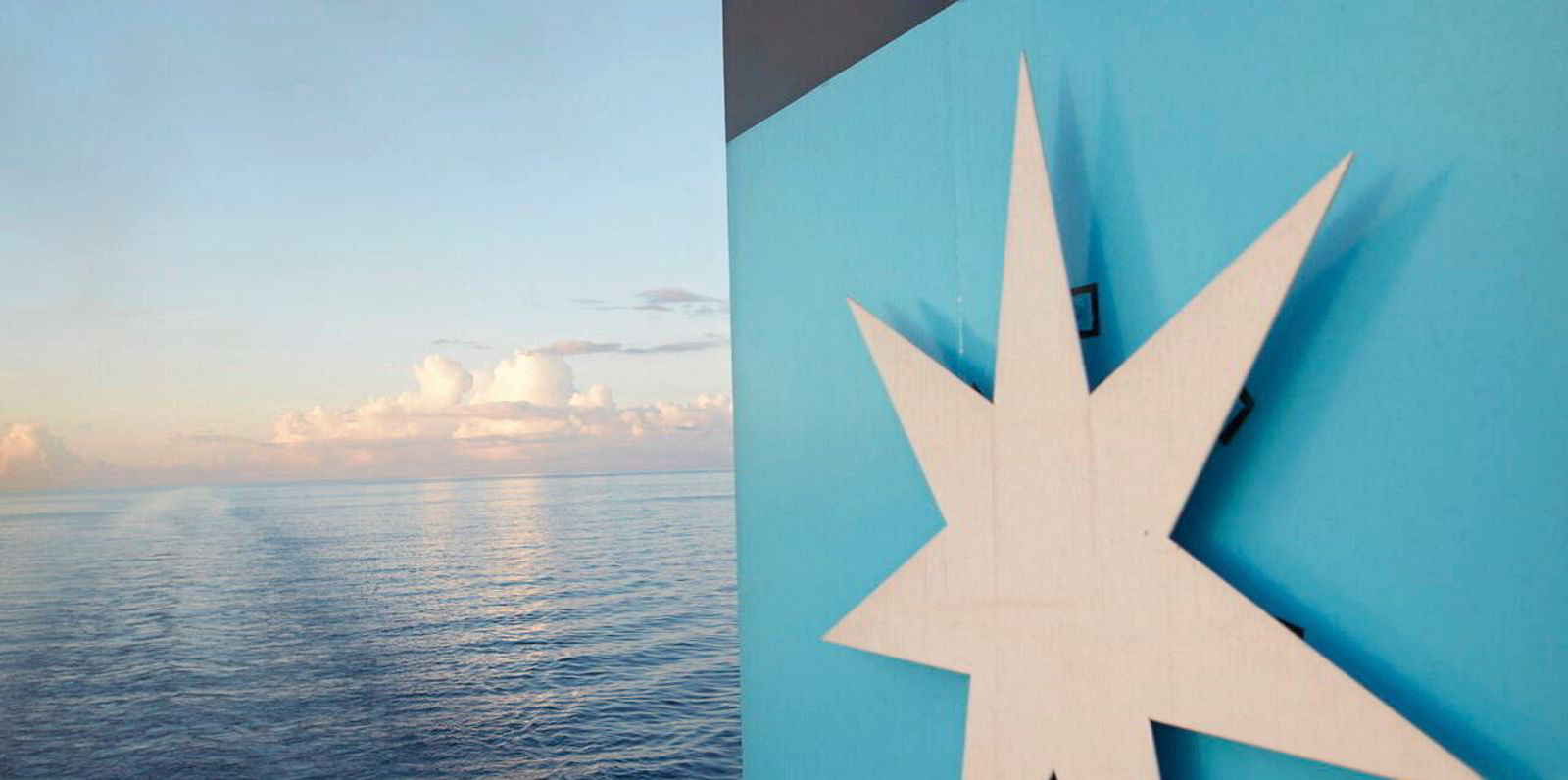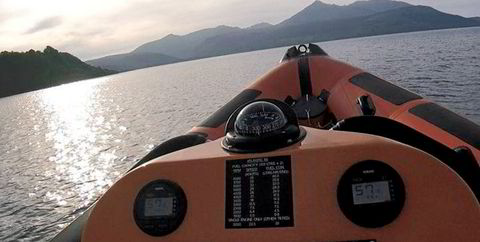Container line AP Moller-Maersk hopes the presence of naval forces in the Red Sea and political action will allow vessel transits through the waterway to resume, according to Reuters.
Maersk is one of several prominent container lines to have suspended its vessel traffic in the Red Sea, where Yemen’s Houthi rebels have threatened and attacked ships.
The US and the UK launched more than 60 airstrikes against Houthi targets early on Friday to try to stop the Red Sea attacks.
“We hope that these interventions and a larger naval presence will eventually lead to a lowered threat environment allowing maritime commerce to transit through the Red Sea and once again return to using the Suez Canal as a gateway,” Maersk told Reuters in an emailed statement.
The multinational Combined Maritime Forces on Friday advised merchant ships to stay clear of the Bab el-Mandeb strait following the bombing campaign in Yemen.
Vessel trackers showed about 30 bulkers, tankers and gas carriers underway at both sides of the Gulf of Aden — the region the Houthis are most active in.
The Houthis have been responsible for 27 attacks since 19 November, according to the US military.
Some owners deem themselves safe in the knowledge that their vessels have no ownership or business ties with Israel — the maritime interests of which the Houthis claim to be targeting in solidarity with Palestinian civilians in Gaza.
Several vessels in the Red Sea have used their AIS signal recently to assure the Houthis they have nothing to do with Israel.
However, non-affiliation with Israel is not a guarantee of safe passage, as the Houthis have attacked ships with which no link to the country could be reasonably established.





